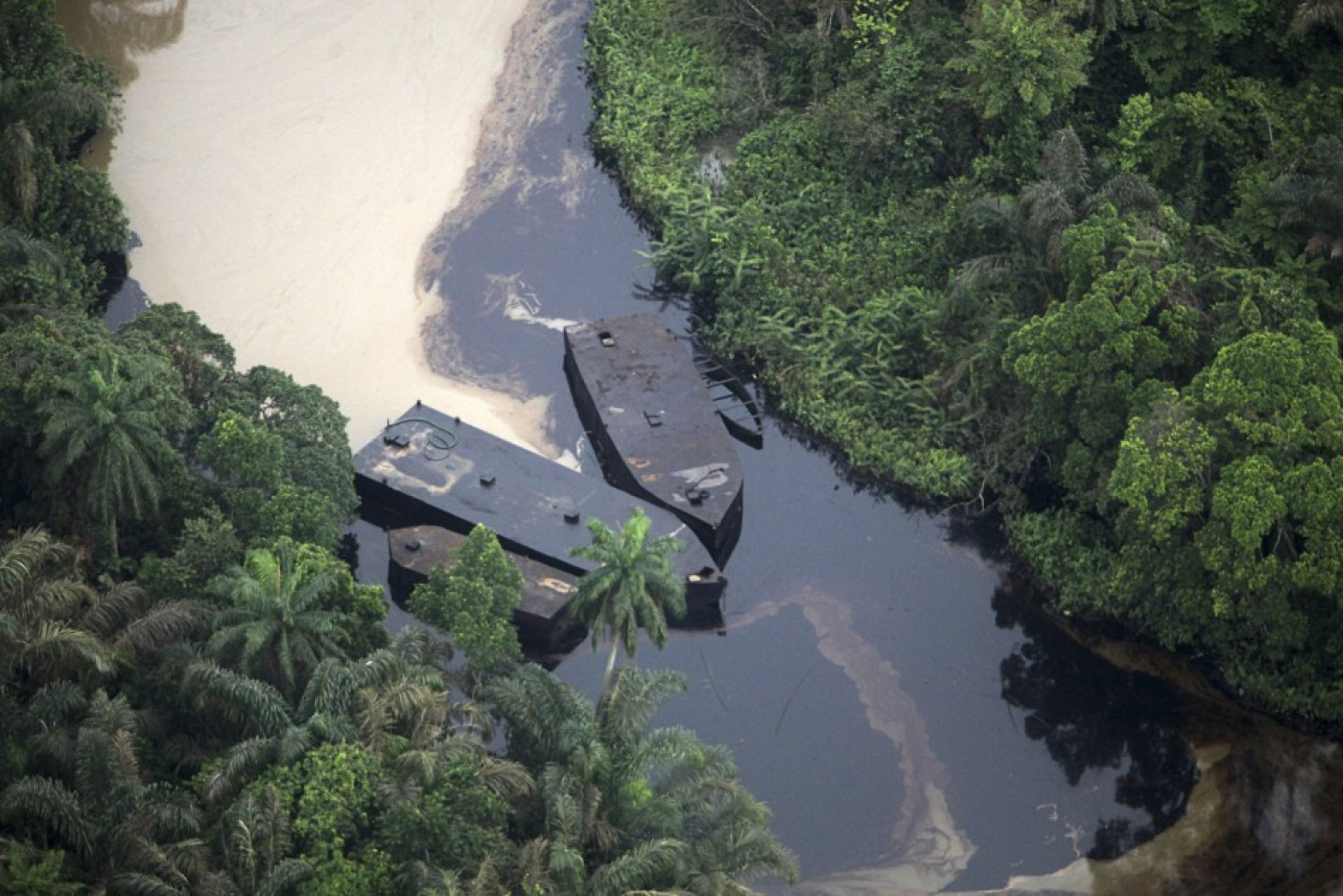Nigeria's President Goodluck Jonathan Admits Oil and Bank Corruption

Nigerian president Goodluck Jonathan has promised a crackdown on "massive corrupt practices" in the country's banking and oil sectors.
He was vague, however, about how to handle the problem which is believed to lose Nigeria millions of dollars a year as money is siphoned off by bent government officials and executives in the two key industries.
One solution, he suggested, would be to introduce a voucher system which would cut out government involvement and allow a direct link between buyer and seller.
Jonathan said the government had reduced corruption in fertilizer procurement and distribution using a similar fix. It was now time to concentrate on the oil and banking sector, he said.
"Corruption is not just one group of people. Look at fertilizer. When government used to distribute it, there was a lot of corruption. Today, the farmer buys fertilizer directly from the manufacturers and dealers. The government subsidises the fertilizer. We give farmers tokens so they can buy it and cut out the middleman. So corruption is reduced.
"That's exactly what I want to do with the oil sector and also in the banking sector. There are massive corrupt practices," Allafrica quoted Jonathan.
Nigeria pumps 2.4 million barrels a day but has the potential of producing up to 4 million barrels a day, according to industry experts. It loses up to 150,000 barrels of crude oil a day to thieves.
Ian Craig, director of Royal Dutch Shell in sub-Saharan Africa, said that oil production suffered from frequent attacks by rebels on oil pipelines, lack of funding by the Nigerian National Petroleum Corporation (NNPC), and uncertain regulations.
Oil theft has plagued Nigeria's oil sector for years but it is unclear who is behind it. International crime rings have been implicated. The stolen oil is often sold on the black market in neighbouring countries or internationally at rock bottom prices.
In The Moment newspaper in 2011, the chairman of the Indigenous Ship Owners Association of Nigeria, Isaac Jolapamo, was quoted accusing the Nigerian National Petroleum Corporation (NNPC), the Pipeline and Products Marketing Company and major and independent oil marketers of acting as "patrons" of the oil thieves' vessels.
In 2011 classified US cables leaked on WikiLeaks showed that the NNPC allocated $1 per barrel of Nigerian oil to former president Olusegun Obasanjo, while Nigerian senate president David Mark and house speaker Dimeji Bankole allegedly each pocketed 50 US cents a barrel. Other Nigerian politicians accused of similar activities were also discussed in the cables.
© Copyright IBTimes 2025. All rights reserved.





















